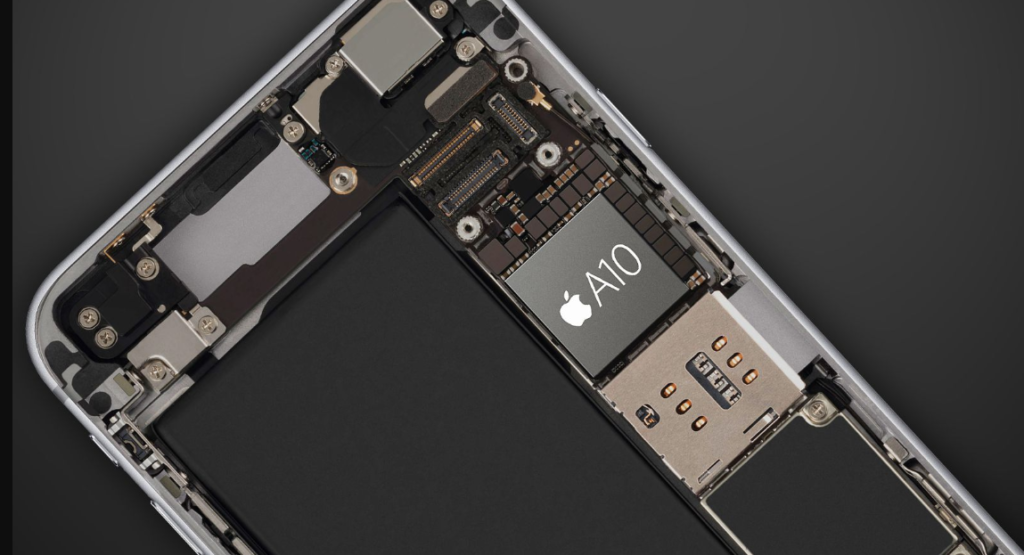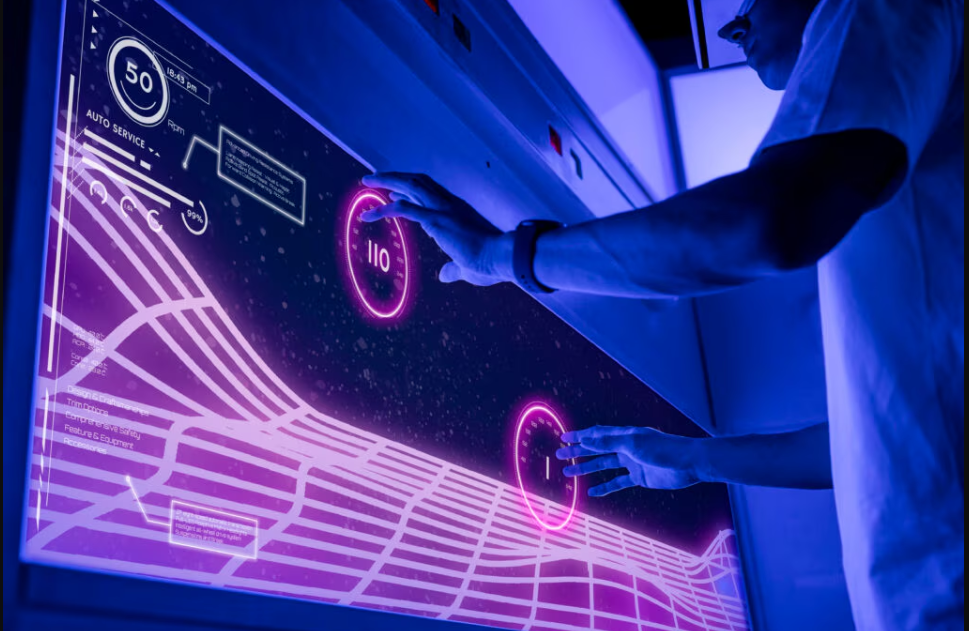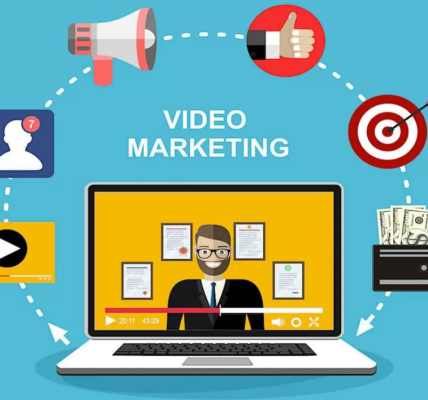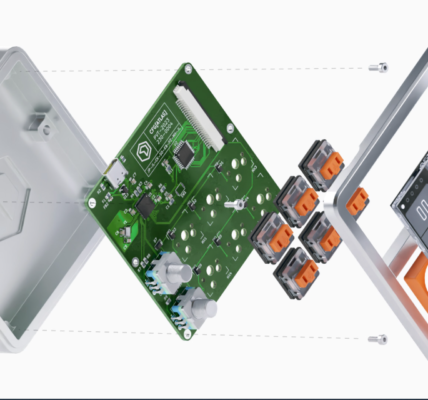The question “Is a mobile a computer?” sparks curiosity in an era where smartphones are integral to daily life. Mobile devices have evolved from simple communication tools to powerful gadgets performing tasks once exclusive to desktop computers. This article delves into whether a mobile qualifies as a computer, exploring their functionalities, components, and historical context. By examining processing power, operating systems, and user applications, we aim to clarify this topic for readers seeking a comprehensive answer. The focus keyword, “is a mobile a computer,” guides our discussion, ensuring SEO optimization and readability. We’ll also highlight the contributions of a key figure in mobile technology and address frequently asked questions to provide a well-rounded, informative piece.
Defining a Computer: Core Characteristics
To determine if a mobile is a computer, we must first define what a computer is. A computer is an electronic device that processes data according to instructions from software. It typically includes a central processing unit (CPU), memory, storage, and input/output interfaces. Computers execute tasks like calculations, data storage, and running applications. Historically, computers were large, stationary machines, but advancements have miniaturized their components. Today, devices like laptops and tablets are universally accepted as computers. The question “is a mobile a computer” hinges on whether mobiles share these core traits. With CPUs, RAM, storage, and software, mobiles align closely with this definition, suggesting they may indeed be computers.
Mobile Devices: Components and Capabilities
Mobile devices, particularly smartphones, boast hardware that mirrors traditional computers. A typical smartphone features a multi-core processor, gigabytes of RAM, and substantial storage capacity. For instance, modern mobiles use chips like the Qualcomm Snapdragon or Apple A-series, rivaling entry-level PC processors. They also include touchscreens as primary input/output interfaces and run complex operating systems like Android or iOS. These systems support multitasking, app ecosystems, and internet connectivity, enabling tasks from document editing to video streaming. The question “is a mobile a computer” gains traction here, as mobiles perform computing tasks with efficiency comparable to laptops. Their compact design doesn’t diminish their computational prowess, reinforcing their computer-like nature.

Operating Systems: The Brain of Mobiles
Operating systems are pivotal in answering “is a mobile a computer.” Android and iOS, the dominant mobile operating systems, manage hardware and software interactions, much like Windows or macOS on PCs. These systems handle resource allocation, app execution, and user interfaces. For example, Android’s Linux-based kernel supports robust multitasking, while iOS optimizes performance for Apple’s ecosystem. Both allow users to install apps for productivity, entertainment, and communication, mirroring PC software capabilities. The sophistication of mobile operating systems underscores their computer-like functionality. By facilitating complex operations, they affirm that mobiles are more than phones—they’re portable computers, addressing the core query “is a mobile a computer” with compelling evidence.
Historical Evolution: From Phones to Smartphones
The journey from basic mobile phones to smartphones contextualizes the question “is a mobile a computer.” Early mobile phones, like the Nokia 3310, focused on calls and texts, with minimal computing capabilities. The 2007 launch of the iPhone marked a turning point, introducing touchscreens, app stores, and internet browsing. Subsequent Android devices expanded these features, integrating powerful processors and versatile software. Today, smartphones handle tasks like video editing and gaming, once exclusive to PCs. This evolution highlights how mobiles have adopted computer-like traits, supporting multitasking and advanced applications. The question “is a mobile a computer” is answered affirmatively as smartphones bridge the gap between traditional phones and computers.
Comparing Mobiles to Traditional Computers
Comparing mobiles to traditional computers clarifies whether “is a mobile a computer” holds true. Both devices share fundamental components: CPUs, memory, storage, and operating systems. However, differences exist. Desktops and laptops typically offer larger screens, physical keyboards, and greater processing power for specialized tasks like 3D rendering. Mobiles, conversely, prioritize portability, touch interfaces, and battery efficiency. Yet, mobiles can perform most everyday tasks—email, browsing, document editing—with apps like Microsoft Office or Google Docs. For many users, smartphones suffice as primary computing devices, especially in regions with limited PC access. This overlap in functionality strongly supports the notion that a mobile is indeed a computer.
Use Cases: How Mobiles Function as Computers
Mobiles serve as computers in diverse scenarios, reinforcing the query “is a mobile a computer.” Professionals use smartphones for email, calendar management, and video conferencing via apps like Zoom. Students access educational platforms, take notes, and collaborate on projects using tools like Evernote or Google Drive. Creatives edit photos and videos with apps like Adobe Lightroom or iMovie. Even gamers rely on mobiles for high-performance titles like PUBG or Genshin Impact. These use cases demonstrate that mobiles handle complex, computer-like tasks. Their versatility and accessibility make them indispensable, often replacing traditional computers for millions worldwide, thus affirming their status as computers.
Limitations of Mobiles as Computers
While mobiles share many computer traits, limitations exist, prompting scrutiny of “is a mobile a computer.” Their smaller screens and touch-based inputs can hinder tasks requiring precision, like graphic design or coding. Processing power, though impressive, often lags behind high-end PCs for tasks like machine learning or video rendering. Battery life also constrains prolonged use, unlike plugged-in desktops. Additionally, mobile operating systems may lack the flexibility of PC software for specialized applications. Despite these drawbacks, advancements continue to narrow the gap. For most users, these limitations don’t negate the computer-like capabilities of mobiles, but they highlight areas where traditional computers still excel.
The Role of Cloud Computing in Mobile Functionality
Cloud computing enhances the argument that “is a mobile a computer” by extending mobile capabilities. Services like Google Drive, Dropbox, and Microsoft OneDrive allow mobiles to store and access vast data remotely, compensating for limited onboard storage. Cloud-based apps, such as Google Docs or Adobe Creative Cloud, enable complex tasks without taxing local hardware. This integration makes mobiles function like computers, relying on internet connectivity to perform resource-intensive operations. For instance, a smartphone can edit a 4K video using cloud servers, a task once exclusive to powerful PCs. The synergy between mobiles and cloud computing solidifies their status as versatile computing devices.

Biography: Steve Jobs, A Pioneer in Mobile Computing
| Attribute | Details |
|---|---|
| Full Name | Steven Paul Jobs |
| Birth Date | February 24, 1955 |
| Birth Place | San Francisco, California, USA |
| Death Date | October 5, 2011 |
| Education | Reed College (dropped out) |
| Occupation | Co-founder of Apple Inc., Pixar Animation Studios |
| Known For | Revolutionizing personal computing, mobile phones, and digital media |
| Notable Works | iPhone, iPad, Macintosh, iPod |
| Spouse | Laurene Powell Jobs |
| Children | Lisa Brennan-Jobs, Reed Jobs, Erin Siena Jobs, Eve Jobs |
Steve Jobs, a visionary in technology, played a pivotal role in answering “is a mobile a computer” through his work at Apple. Born in 1955, Jobs co-founded Apple in 1976, introducing the Macintosh, which popularized personal computing. His return to Apple in 1997 sparked innovations like the iPod and iTunes, transforming digital media. The 2007 iPhone launch redefined mobile phones, merging computing, communication, and design. Jobs’ emphasis on user experience and powerful hardware made smartphones computer-like. His leadership at Pixar also revolutionized animation. Jobs’ legacy endures, shaping how we perceive mobiles as computers, with the iPhone setting a benchmark for modern smartphones.
Steve Jobs’ Father: Paul Jobs
Paul Jobs, Steve’s adoptive father, significantly influenced his early life, relevant to the query “is a mobile a computer.” Born in 1922 in Wisconsin, Paul was a machinist and carpenter with a knack for mechanics. He adopted Steve in 1955 with his wife Clara, providing a stable home in Mountain View, California. Paul introduced Steve to electronics in their garage, fostering his curiosity in technology. This hands-on environment sparked Steve’s interest in innovation, indirectly contributing to the iPhone’s development. Paul’s practical skills and encouragement shaped Steve’s problem-solving mindset. He passed away in 1993, but his legacy lives through Steve’s contributions to mobile computing.
Steve Jobs’ Mother: Clara Jobs
Clara Jobs, Steve’s adoptive mother, played a nurturing role in his journey, tying to “is a mobile a computer.” Born in 1924, Clara was an accountant with Armenian heritage. She and Paul adopted Steve, raising him in a supportive environment. Clara encouraged Steve’s education and creativity, enrolling him in after-school programs and supporting his early interests. Her warmth and dedication provided emotional stability, allowing Steve to pursue ambitious goals. Clara’s influence helped Steve develop the resilience needed for his later innovations, like the iPhone, which blurred the lines between phones and computers. She passed away in 1986, leaving a lasting impact on Steve’s life.
Steve Jobs’ Spouse: Laurene Powell Jobs
Laurene Powell Jobs, Steve’s wife, was a significant figure in his personal life, relevant to “is a mobile a computer.” Born in 1963, Laurene met Steve at Stanford in 1989 while pursuing her MBA. They married in 1991 and had three children: Reed, Erin, and Eve. Laurene, a businesswoman and philanthropist, founded the Emerson Collective, focusing on education and social justice. Her support during Steve’s intense career at Apple, especially during the iPhone’s development, provided balance. Laurene’s influence encouraged Steve’s focus on user-centric design, a hallmark of mobile computing. Today, she continues his legacy through philanthropy, impacting technology and education.
The Future of Mobiles as Computers
The future strengthens the case for “is a mobile a computer.” Advancements in processors, like 3nm chips, promise PC-level performance. Foldable screens and augmented reality could expand mobile interfaces, rivaling laptops. Operating systems will likely integrate AI, enhancing productivity tasks. 5G and beyond will boost cloud connectivity, making mobiles central to computing ecosystems. Devices like the Samsung Galaxy Z Fold already blur lines between phones and tablets. As mobiles evolve, their computer-like capabilities will deepen, potentially replacing traditional PCs for many users. The question “is a mobile a computer” will become less debatable as technology converges, making mobiles indispensable computing tools.

Conclusion: Yes, a Mobile Is a Computer
In conclusion, the question “is a mobile a computer” is answered affirmatively. Smartphones possess the hardware, software, and versatility of computers, performing tasks from productivity to entertainment. Their evolution, driven by pioneers like Steve Jobs, has transformed them into pocket-sized computers. While limitations exist, advancements in cloud computing and hardware continue to bridge gaps with traditional PCs. For millions, mobiles are primary computing devices, a trend likely to grow. This exploration, optimized for the keyword “is a mobile a computer,” highlights their computational prowess, ensuring clarity and engagement for readers seeking answers.
1. Is a mobile a computer in terms of hardware
Yes, a mobile is a computer regarding hardware. Smartphones have CPUs, RAM, storage, and input/output systems, similar to traditional computers, enabling complex task execution.
2. Can a mobile replace a traditional computer
For many tasks like browsing, email, and productivity, mobiles can replace computers. However, specialized tasks like graphic design may still require PCs due to screen size and power.
3. How do mobile operating systems compare to PC ones
Mobile operating systems like Android and iOS are comparable to PC systems like Windows, managing hardware and apps efficiently, though PC systems offer more flexibility for niche software.
4. Why are mobiles considered computers today
Mobiles are considered computers due to their ability to process data, run applications, and connect to networks, performing tasks once exclusive to desktops, thanks to advanced hardware and software.
5. What role did Steve Jobs play in making mobiles computers
Steve Jobs’ iPhone introduced powerful hardware and a versatile operating system, transforming phones into devices capable of computer-like tasks, setting the standard for modern smartphones.




